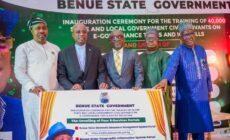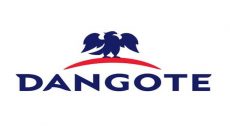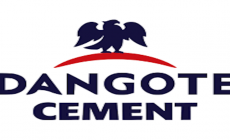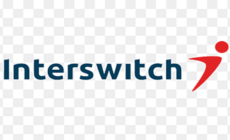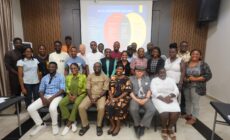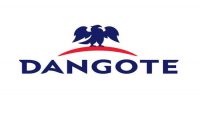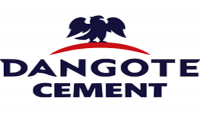The Federal Government today received the Outline Business Case (OBC) Certificate of Compliance for 12 pilot federal highways billed for concession. The concession of the roads may also signify the return of toll gates as concessionaires will have to recoup their investments. The event held at the Federal Ministry of Works Headquarters, Mabushi, Abuja.
Director General of the Infrastructure Concession Regulatory Commission while handing over the Certificates to the Minister of Works and Housing, Babatunde Fashola, disclosed that the 12 roads were under the ministry’s Highway Development Management Initiative. The ICRC boss who was represented at the event by the Director, Public Private Partnership Resource Department, Barrister Michael Ohiani, further stated that The project OBC documents after review, were found to have met the key requirements of the ICRC Establishment Act (2005) and National Policy on PPP and the ICRC as part of its PPP regulatory guidance to Ministries, Departments and Agencies (MDAs) has issued to the Honourable Minister, OBC compliance certificate on 21st December, 2020, for the above 12 selected routes to enable the Ministry proceed to PPP procurement stage.
’’The HDMI PPP scheme has both immediate and long-term economic benefits to the nation. In the immediate term, the projects will create job opportunities for construction industry cluster professionals, technicians, artisans and unskilled workforce operating in the nation’s labour market. The HDMI PPP scheme will lead to the reduction of travel time and improve commuter travel experiences as a result of new improvements, significantly reduce traffic congestion in urban areas. The development of this route is therefore expected to result in significant improvement in security and monitoring on the route. In the long-term, the successful implementation of the HDMI scheme will lead to the imparting of new knowledge and skills on Nigerians with respect to highway development, operations and maintenance for continues sustenance of the road assets.’’
Speaking at the event, Hon. Minister of Works and Housing, Babatunde Fashola disclosed that the 12 highways combined represent about 1,963km and less than 5.6 per cent of Nigeria’s 35,000km federal highway network. He further disclosed that the HDMI stated that the initiative would attract sustainable investment/funding in the development of road infrastructure. While stressing the need for alternative funding methods for infrastructure for the nation, he noted that the OBC Compliance Certificate obtained from the ICRC is a necessary first step in the process of entering into concession with the private sector in respect of the various roads. In his words, ‘’You cant talk of concessions in Nigeria without reference to the ICRC’’.
The HDMI according to the Minister would maximise the use of assets along the right-of-way and develop other highway furniture. It targets to develop an ecosystem along the federal highway network by bringing multi-dimensional resources of skills, finance, technology and efficiency into national highway governance.
The 12 routes of the pilot phase include Benin-Asaba, Abuja-Lokoja, Kano-Katsina, Onitsha-Owerri, Shagamu-Benin and Abuja-Keffi-Akwanga.
Others include Kano-Shuari and Potiskum-Damaturu, Lokoja-Benin, Enugu-Port Harcourt, Ilorin-Jebba, Lagos-Ota-Abeokuta, and Lagos-Badagry-Seme border.
Earlier in the week, in a clear demonstration of the continuing relevance of public private partnership as the preferred procurement option in Nigeria, the Agreement Signing Ceremony for the Aba Shoe Factory, took place yesterday. The event which took place via Zoom, witnessed an impressive array of stakeholders, a clear testimony to the strategic importance of the project not only to the South East region but to the entire country.
Manji Yarling
Acting Head, Media & Publicity





